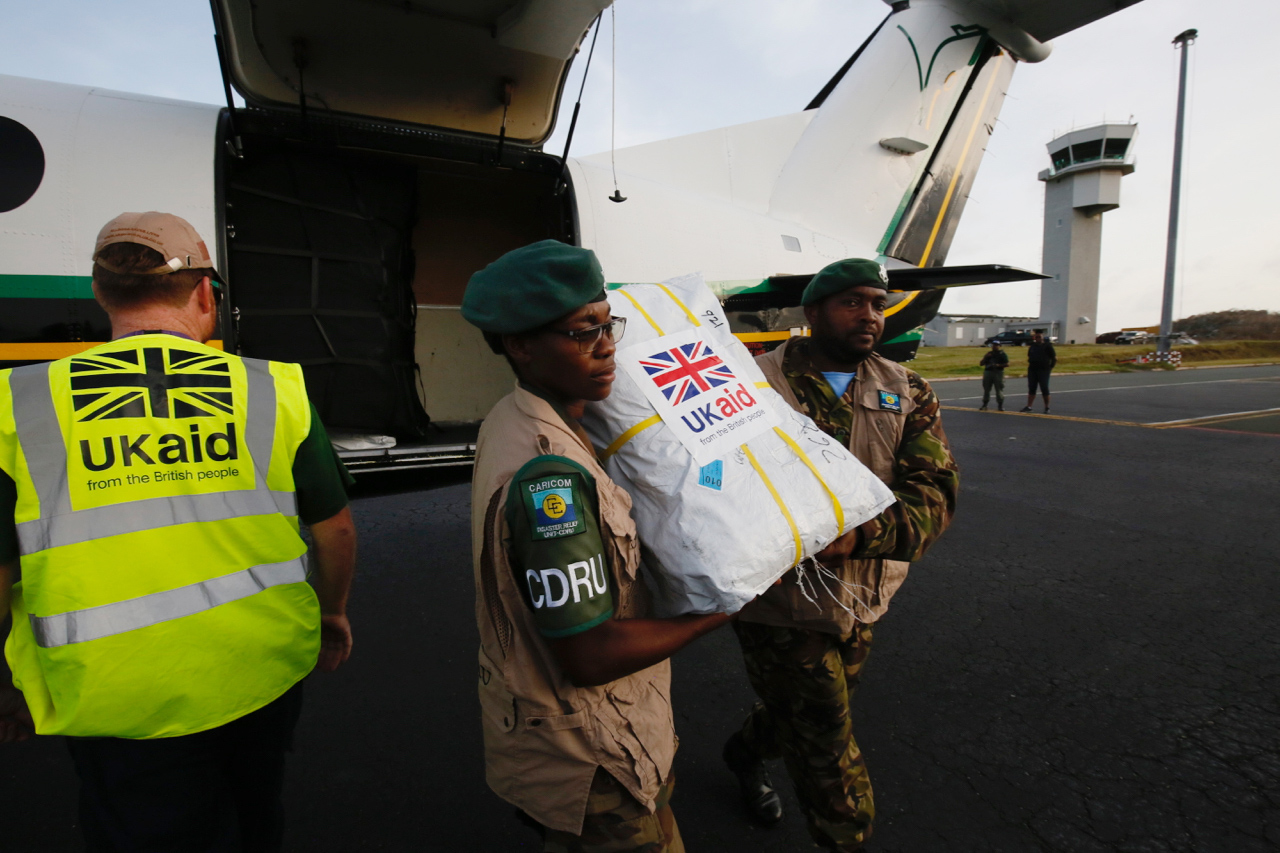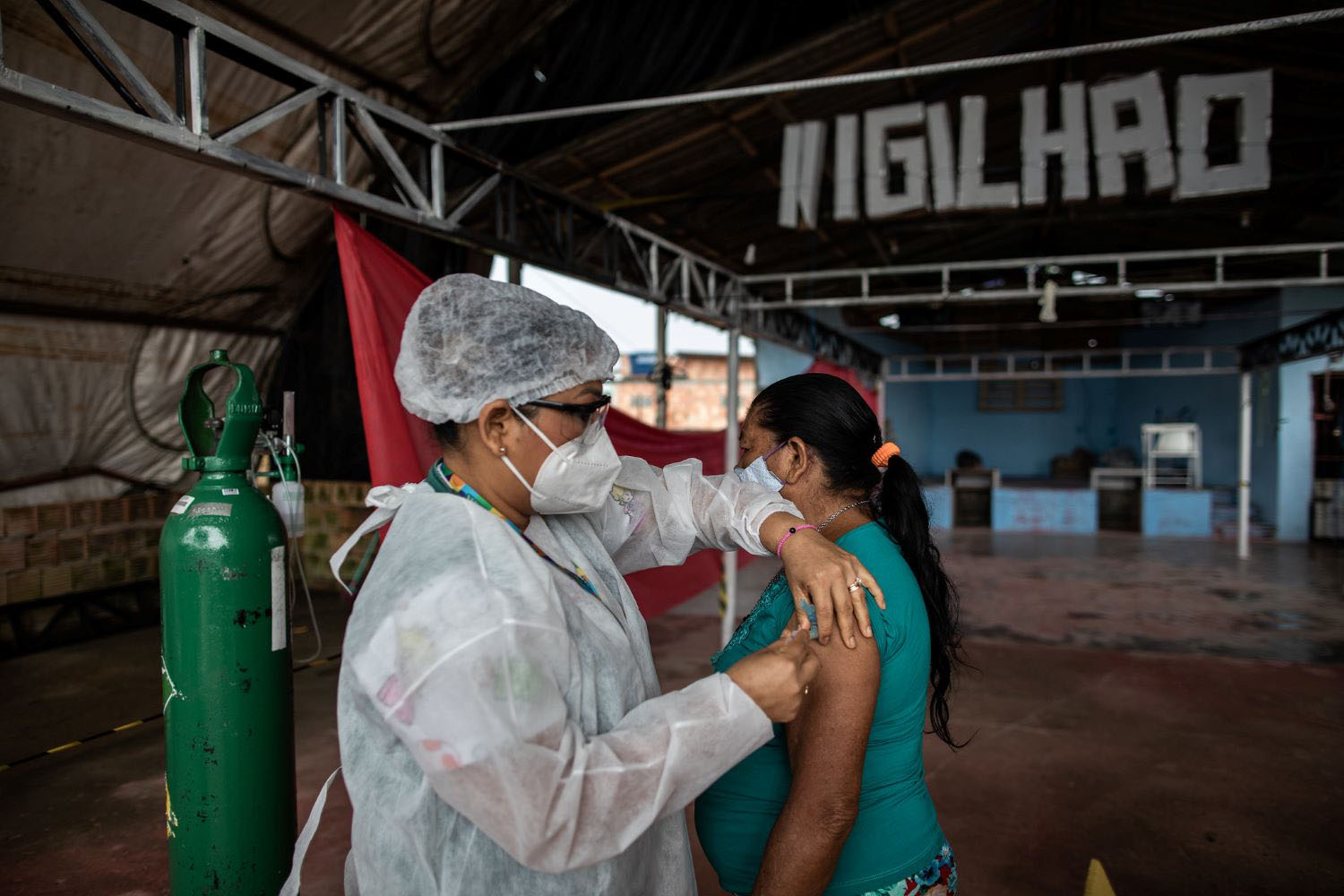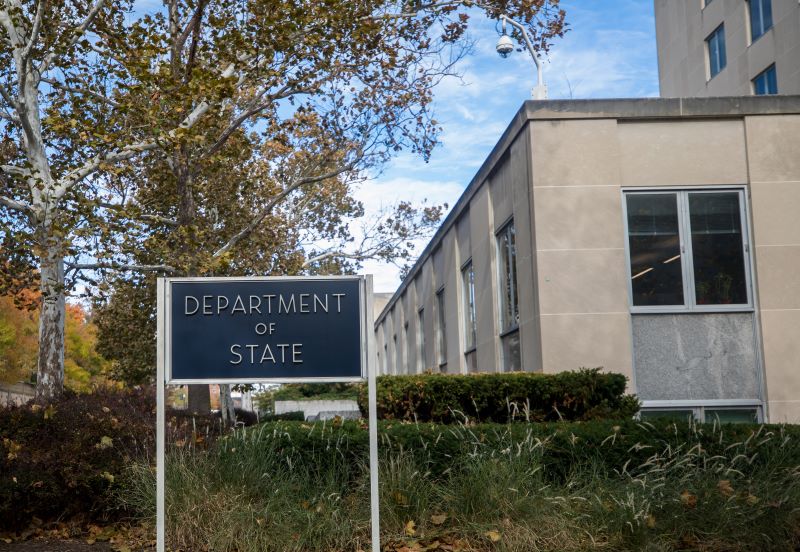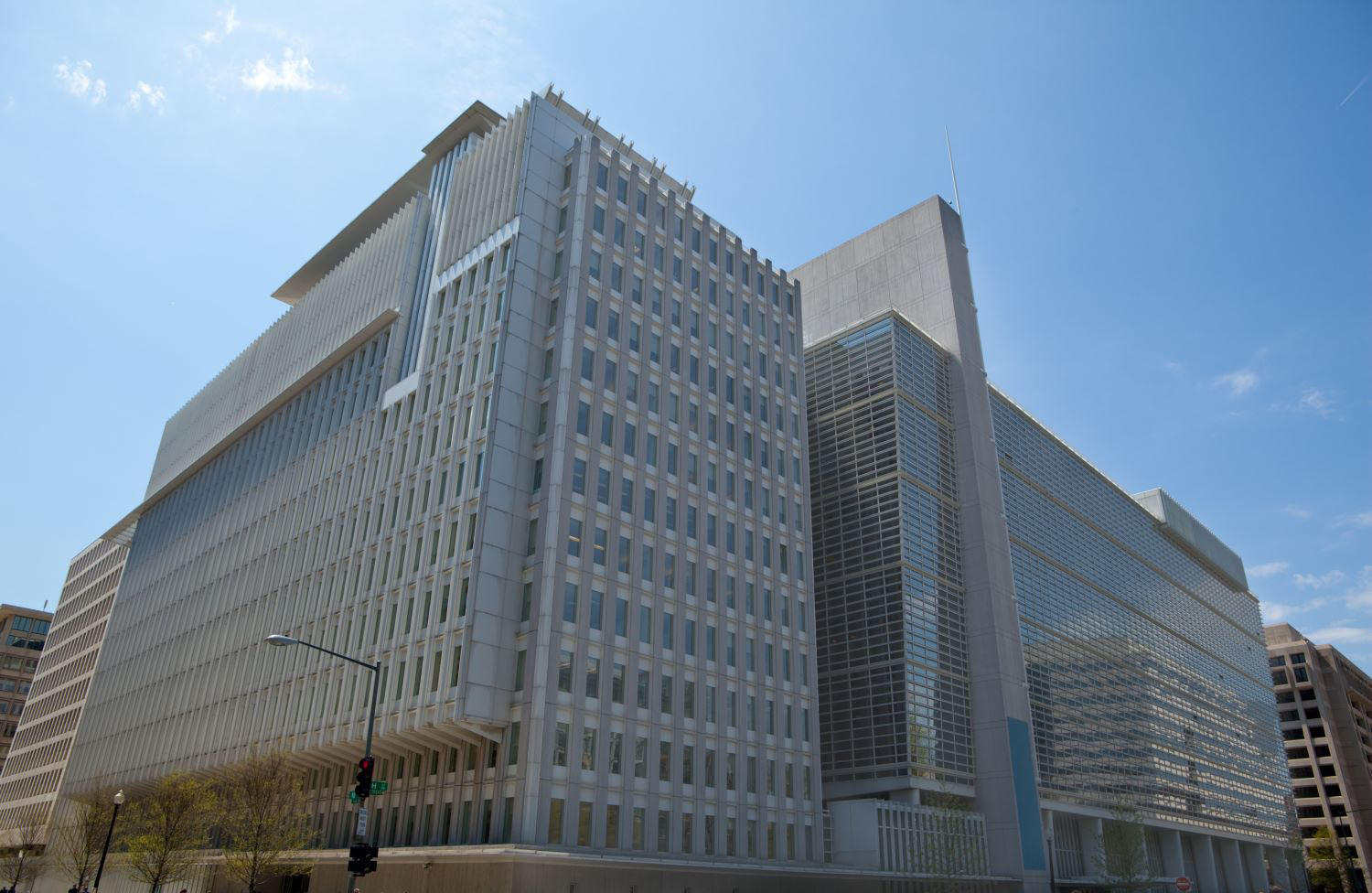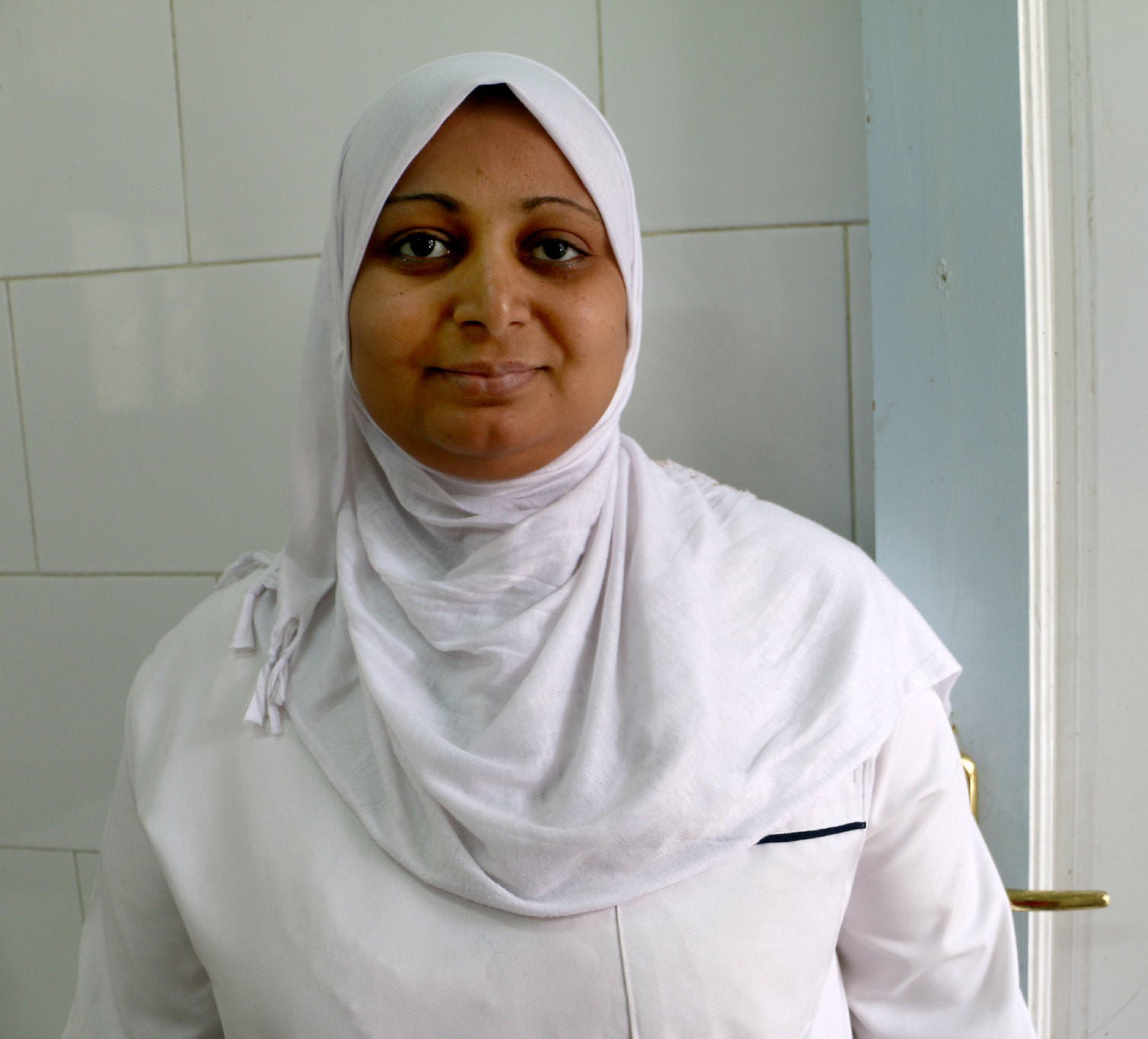Subscribe
Subscribe today to receive CGD’s latest newsletters and topic updates.
All Commentary
Filters:
Topics
Facet Toggle
Content Type
Facet Toggle
Time Frame
Facet Toggle
Blog Post
April 05, 2024
One of the most serious challenges facing the global economy today is the impending sovereign debt crisis in many middle- and low-income countries. The fiscal outlook in some of these countries appeared dire even before interest rates started climbing and spending related to COVID-19 caused debts to...
Blog Post
April 05, 2024
As the Center for Global Development’s inaugural Evidence in Policy Fellow, I just finished an extended engagement to help increase data and evidence use in the State Department’s Office of Foreign Assistance. While at State, I spent much of my time leading and participating in the work of the inter...
Blog Post
April 04, 2024
A large academic and policy debate has focused on the increase in market concentration over the past few decades which has given rise to “star firms,” a small set of firms that generate abnormal returns for their investors. A common concern is that these firms exert excess market power and behave as...
Blog Post
April 02, 2024
On July 9 and 10, the World Bank and the Center for Global Development will co-host the Annual Bank Conference on Development Economics (ABCDE). On the first day, the conference will aim to bring coherence to development policy debates by bringing together the world’s top economic minds to focus on ...
Blog Post
April 02, 2024
Yesterday, the World Health Organization (WHO) published new guidance aiming to support government officials as they negotiate and implement international agreements on health worker mobility. In an era characterized as a “global scramble” for health workers, what does this guidance say and how can ...
Blog Post
April 02, 2024
“Trade not aid” is a slogan that appeals to certain instincts on both the left and right. The idea being that rich countries can do more for economic development in poor countries by granting them market access than by sending charity. But will market access really stimulate economic growth in laggi...


